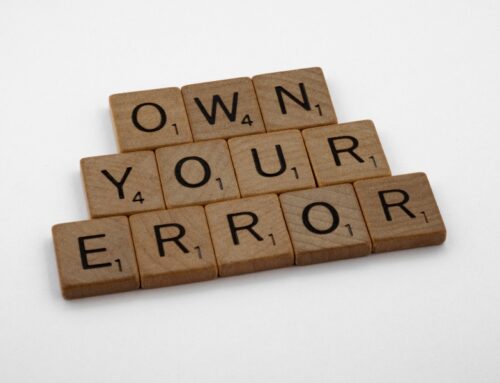Directors and shareholders serve as crucial participants within the structure of a company, exerting influence and shaping its decisions. They each have distinct responsibilities and fulfil separate functions. However, is it feasible for an individual to assume both the roles of a director and a shareholder?
That’s an excellent question! Let’s delve deeper into this matter.
What Does it Mean to be a Shareholder? A shareholder is an individual who possesses a percentage of ownership in a company. In essence, they hold a stake in the company by virtue of owning shares. The rights and obligations of shareholders in a company are typically outlined in a Shareholder’s Agreement. Generally speaking, shareholders have the following privileges:
- Voting on company matters.
- Supervising the company’s financial records.
- Transferring or selling their shares.
- Appointing or removing directors.
The rights of a shareholder are typically contingent upon the percentage of shares they possess in the company, as well as the company’s specific structure. For instance, a shareholder who owns 1% of a company’s shares generally holds fewer rights compared to a shareholder who holds 60% of the shares.
Shareholders usually do not have direct control over the company’s actions or decisions. Instead, their role primarily involves the appointment or removal of the company’s directors, who possess the authority to make decisions on behalf of the company.
Who Qualifies as a Director? A director is an individual responsible for overseeing a company’s decisions and actions. The duties of a director are summarized in the Corporations Act 2001. Additionally, a company’s Constitution and Shareholder’s Agreement often define further obligations and responsibilities for directors.
Companies typically have multiple directors, collectively known as the Board of Directors, who make decisions in unison. The Board holds significant power and control within a business, including the right to enter into contractual agreements and pass resolutions pertaining to the company’s affairs and management. They can, for example, appoint or dismiss executives (such as the CEO), establish dividend policies, issue new shares, and set the company’s overarching goals and objectives.
So, Can an Individual Simultaneously be a Director and a Shareholder? The concise answer is yes. It is indeed possible for a director to also be a shareholder, which is quite common in startup companies. When founders establish a new company, they typically fulfil three corporate functions: they act as owners (by holding shares), controllers (by appointing themselves as directors), and doers (by often assuming the role of CEO or a similar executive title).
Being a significant shareholder and a director (as is often the case with founders) can yield a potent combination. As a director, you can influence the company’s direction, while exercising your rights as a majority shareholder can safeguard your position as a director. As businesses grow and attract external investments, it is common for independent directors to be appointed. These individuals do not hold any shares or possess minimal ownership of the business. Such measures help ensure good governance by holding directors accountable to shareholders for their decision-making in the business.
Key Points to Remember Shareholders and directors play pivotal roles in any company, and occasionally, these roles may overlap when a director also assumes the role of a shareholder (particularly in startup companies where founders fulfil both roles).







Leave A Comment